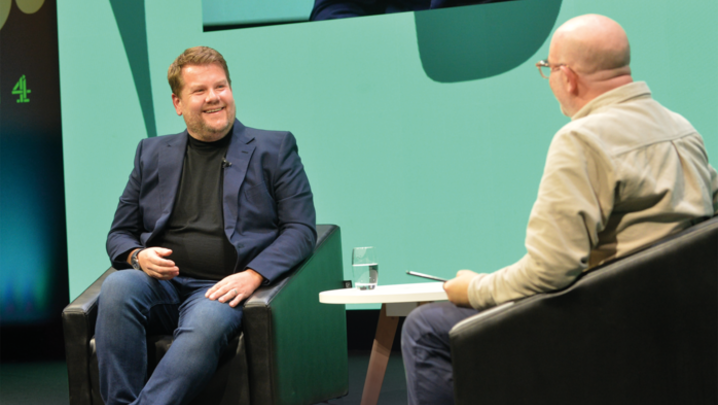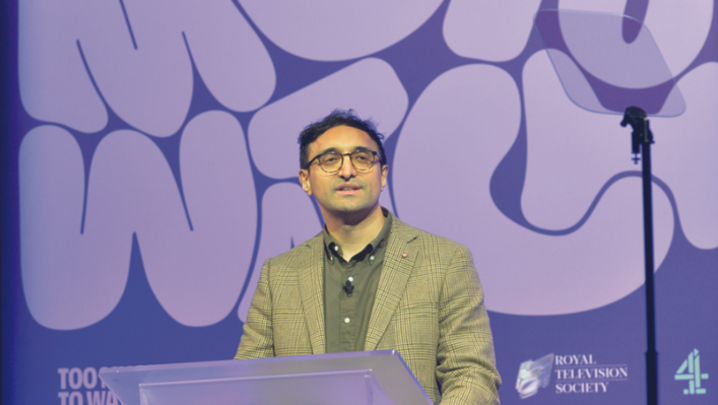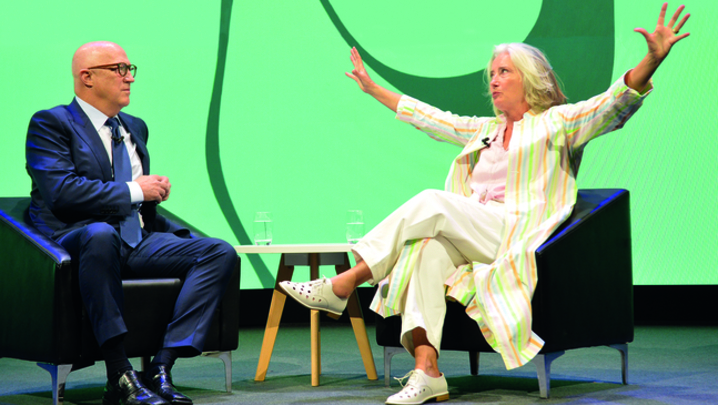Steve Clarke probes why Morecambe and Wise remain unsurpassed as popular entertainers.
In those far-off days, when colour TV was still something of a novelty and viewers were restricted to a trio of TV channels, the two funniest people on the box were, without question, Eric Morecambe and Ernie Wise.
Not for nothing was Morecambe voted the funniest person of the 20th century, ahead of such other greats as Tommy Cooper and John Cleese, in an internet poll taken in 1999.
Morecambe’s double act with Wise began when the two were teenagers, in 1941. Their quick-fire routines sought to “imitate the smart cross-talk and rapid one-liners of US double acts such as Abbott and Costello,” observed Simon Blackwell, whose credits include Peep Show, The Thick of It and Veep.
Thirty years later, the pair had become the pre-eminent TV entertainers of the era and, on Christmas Day, half the nation would gather round the TV set to laugh out loud at their TV special.
By this time, Eric and Ernie had developed something that was unique – albeit much imitated by other, lesser double acts – by reinventing the style of comedy that had inspired them.
They had honed their act in the decidedly unglamorous and unforgiving world of British post-war variety theatre. When TV emerged in the 1950s, this style of entertainment was put on notice by the magic box.
Unlike many of their peers, the duo had the good fortune to find a writer who could bring out the best of them in the very different setting of the TV studio – Eddie Braben, a workaholic perfectionist who understood the deadly serious business of scripting comedy.
The idea of pairing Eric and Ernie with Braben came from BBC entertainment chief Bill Cotton, who put them together after they joined the corporation in 1968 from ITV.
It was Braben who wrote Morecambe and Wise’s celebrated Christmas shows, including the 1977 edition, watched by almost 28 million viewers, a record-breaking audience.
These Christmas spectaculars were a mix of sketches, musical routines, quick visual gags and usually a play apparently written by Wise and featuring a TV star.
Wise once described their style of comedy as “naughty schoolboy humour”. Yes, Ernie was the straight man to Eric’s tomfoolery and fast talking, but their shtick transcended the normal parameters of comedy duos.
There was sexual innuendo and debunking aplenty as some of the biggest stars of screen and stage queued up to join in the fun. But there was nothing to offend granny or that you would feel uncomfortable watching with a six-year-old.
Glenda Jackson, not someone apparently given to suffering fools, appeared in not one but two Morecambe and Wise Christmas specials and happily agreed to be gently humiliated by the comedians.
A regular on the show was the late Des O’Connor, at the time widely regarded as British TV’s “Mr Nice Guy”. The ubiquitous and always dapper Des appeared completely comfortable as the foil for Eric’s teasing.
In the 1977 Christmas special, Elton John, one of the world’s biggest stars, gets lost in the labyrinth that is Television Centre. At one point he bumps into Dad’s Army’s Captain Mainwaring – who calls him a “stupid boy” – and only gets to perform “after the show has finished”. His audience consists of two cleaning ladies – played, of course, by Eric and Ernie, like two dejected dames from the panto. Despite being a rock star used to playing to audiences of tens of thousands, John is delighted to be sent up by Morecambe and Wise.
In the show’s big production number, a pastiche of There Is Nothin’ Like a Dame, Eric and Ernie’s supporting cast is studded with TV personalities from the era – Barry Norman, Michael Parkinson and Eddie Waring, to name three.
“Broad is usually the term for bawdy, basic humour, which theirs certainly wasn’t,” Rowan Atkinson once said. “But they had broad appeal… something which all the family, from the age of six to 60, could enjoy and identify with.”
In our more divided age, it is hard to imagine TV comedy that can unite the nation during the stresses and strains of a family Christmas. Morecambe and Wise did that and so much more.
The Morecambe and Wise Christmas Show 1975 is on BBC Two on Christmas Day. The entire series is available on DVD.







